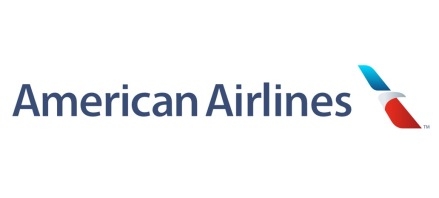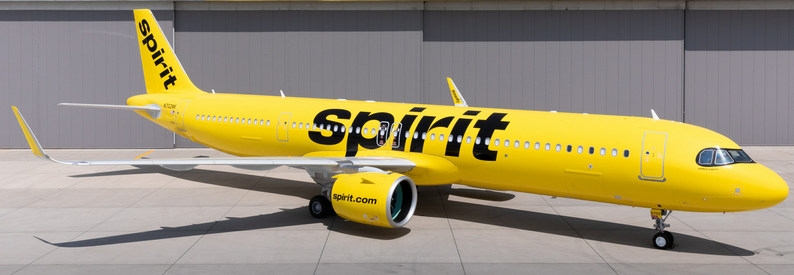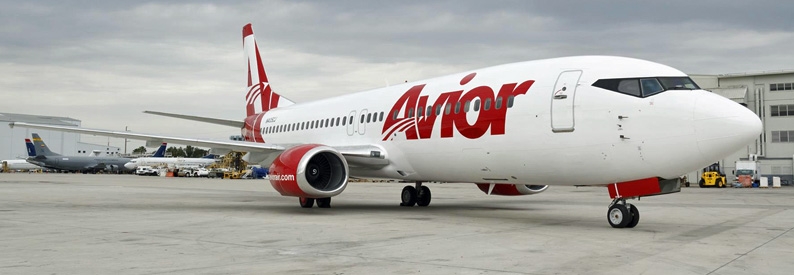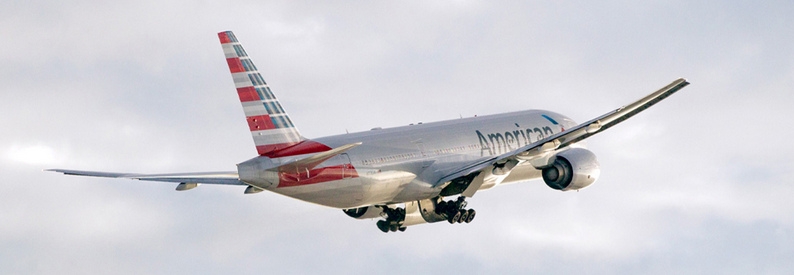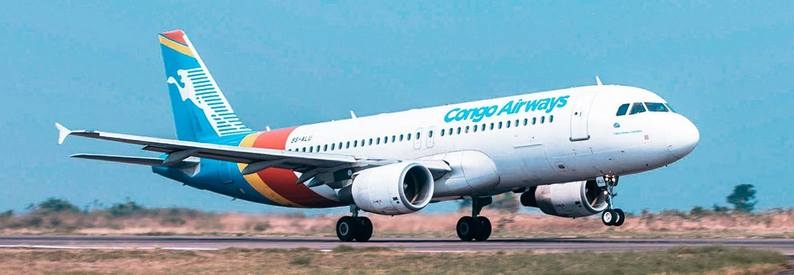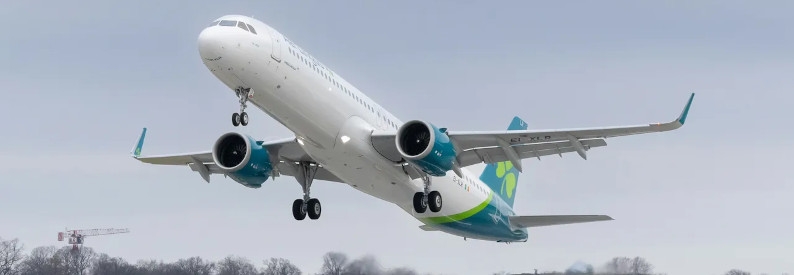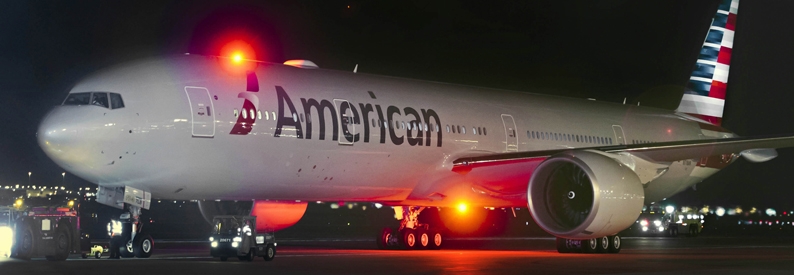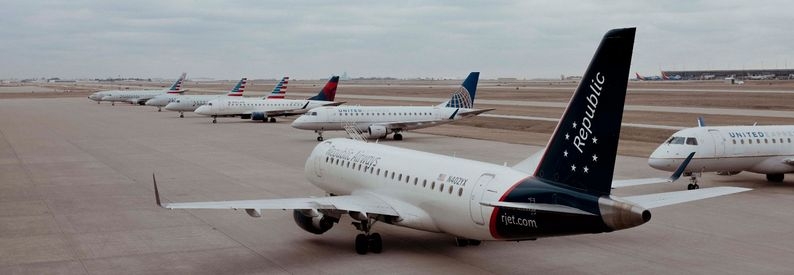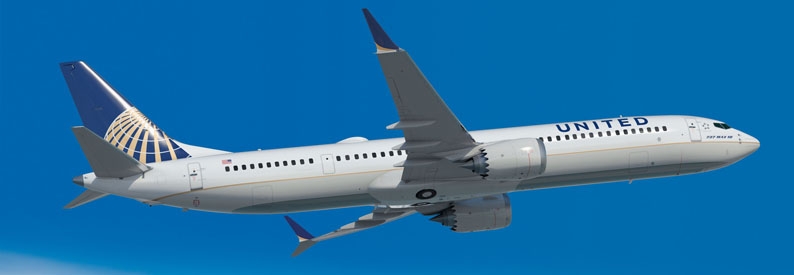American Airlines (AA, Dallas/Fort Worth) and JetBlue Airways (B6, New York JFK) are considering their next moves following a federal court ruling on May 19 that unwinds their Northeast Alliance (NEA) at airports in New York City and Boston, finding it violates US antitrust legislation because it increases fares and reduces choice for US domestic air travellers.
"We believe the decision is wrong and are considering next steps. The court's legal analysis is plainly incorrect and unprecedented for a joint venture like the Northeast Alliance. There was no evidence in the record of any consumer harm from the partnership, and there is no legal basis for inferring harm simply from the fact of collaboration. The Northeast Alliance has been a huge win for customers and anything but anti-competitive," American Airlines responded in a statement. Pressed on whether this meant American was taking further legal action, a spokesperson said: "We're considering next steps, but nothing further to share at this time".
In a separate statement, JetBlue equally advised: "We are studying the judgment in full and evaluating our next steps as part of the legal process".
"We are disappointed in the decision," the airline added. "We made it clear at trial that the Northeast Alliance has been a huge win for customers. Through the NEA, JetBlue has been able to significantly grow in constrained northeast airports, bringing the airline's low fares and great service to more routes than would have been possible otherwise."
On May 19, the US District Court for the District of Massachusetts in Boston ruled in favour of the US Justice Department (DOJ) and Attorneys-General of six states and the District of Columbia in their civil antitrust lawsuit to stop the NEA. Following a multi-week trial that began in September 2022, Judge Leo T. Sorokin ordered that the alliance be permanently disbanded within 30 days.
The DOJ welcomed the decision, seen to reflect President Joe Biden's executive order in July 2022 enforcing competition in air transportation along with curbing monopolies in consolidated industries. Attorney-General Merrick B. Garland described the ruling as "a win for Americans who rely on competition between airlines to travel affordably". "We are pleased with the court's decision. The outcome of this litigation recognises the value of competition in the airline industry," concurred Assistant Attorney-General Jonathan Kanter of the Justice Department's antitrust division.
Founded in 2020, the US Department of Transportation-approved NEA is a commercial partnership between American Airlines and JetBlue aimed at countering dominance by United Airlines and Delta Air Lines in the Northeast US. It involves codesharing, slot swaps, coordinated scheduling, reciprocal frequent flier programme benefits, and revenue-sharing on their flights to/from Boston, New York JFK, New York La Guardia and New York Newark. It marked a sea change in the relationship between former competitors with different business models and cost structures.
However, in a 94-page opinion following a trial transcript surpassing 3,600 pages, Judge Sorokin found that American Airlines and JetBlue produced "minimal objectively credible proof" to support their claim that the NEA benefited consumers. "Whatever the benefits to American and JetBlue of becoming more powerful - in the Northeast generally or in their shared rivalry with Delta- such benefits arise from a naked agreement not to compete with one another. Such a pact is just the sort of 'unreasonable restraint on trade' the Sherman Act [US antitrust law] was designed to prevent." He found the plaintiffs "convincingly established that the NEA violates Section 1 of the Sherman Act".
He said the NEA meant American Airlines and JetBlue effectively operated as one airline in the Northeast. "American and JetBlue have not adduced credible evidence demonstrating that the NEA has yielded pro-competitive benefits capable of justifying its substantial anti-competitive harms. The features they identify are 'benefits' only if the court disregards the free-market principles underpinning the Sherman Act and artificially limits its review to those places and categories of customers to which the defendants have reallocated their resources (ignoring the fact that they did so at the expense of other places and other categories of customers). The court cannot, and will not, do so," the judge said.
Other points highlighted by Sorokin were as follows:
- the NEA resulted in American Airlines and JetBlue adjusting their overall network priorities, with both carriers now intensely focused on serving and growing in New York, at the expense of at least some pre-NEA plans to devote resources to growth elsewhere;
- NEA schedule optimisation and capacity coordination led to decreased capacity, lower frequencies, or reduced consumer choices on multiple routes;
- the spirit of partnership was likely to diminish competition between American and JetBlue outside the NEA region;
- No other carrier was poised to mount a meaningful challenge to the two airlines' positions among the top three and top four carriers in Boston and New York, respectively.
- Type
- Base
- Aircraft
- Destinations
- Routes
- Daily Flights
